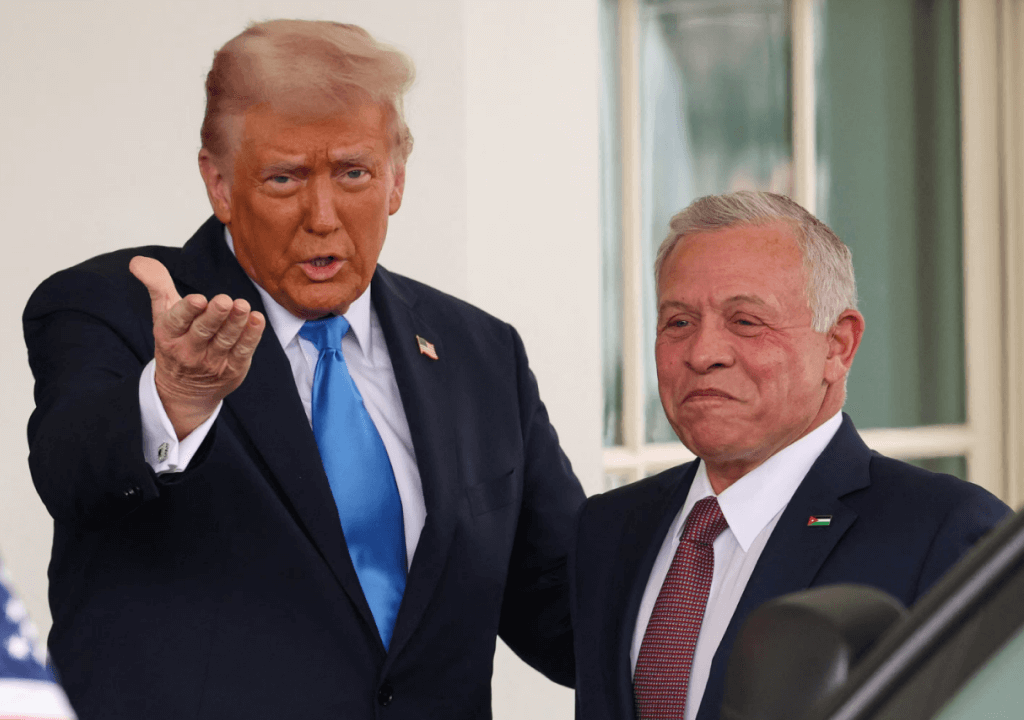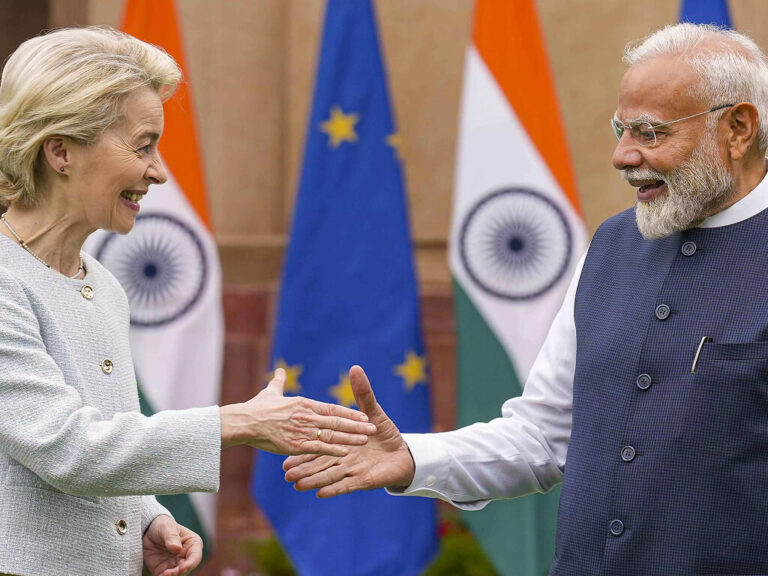Donald Trump unveiled his Gaza plan, presenting it as a mutually beneficial solution for the United States, Israel, and the people of Gaza. The proposal envisions improved living conditions for Gazans, greater security for Israel, increased aid to countries that accept displaced Gazans, and potential U.S. influence over Gaza’s strategic coastline. Trump’s plan has provoked diverse reactions. It has gained support from the far right and found unexpected backing in some social media circles beyond traditional conservative groups, but it continues to face significant opposition, particularly from leftists and Muslim communities.
Despite its seeming feasibility, a critical question remains: who will accept the displaced Gazans? Many are unlikely to leave, as their connection to Gaza is driven not only by survival but also by deep religious and ideological ties. Even with calls for Islamic solidarity, many Muslim-majority nations have been hesitant to take in large numbers of Gazans. Trump is unlikely to pressure wealthy Gulf states like Saudi Arabia, the UAE, or Qatar, as maintaining strong business ties with them is a priority. This narrows the options to Egypt and Jordan, both of which have long standing relationships with Washington and a history of accepting Palestinian refugees in exchange for substantial American aid.
Jordan, however, emerges as the more likely candidate due to its monarchy, which offers greater political flexibility compared to Egypt’s republic. If Trump’s plan proceeds, Jordan may once again find itself under significant pressure to accommodate displaced Palestinians.
Donald Trump has pressured Jordan’s King Abdullah to accept Palestinians who would be permanently displaced under his proposal—a plan the Jordanian monarch has firmly rejected. Standing alongside King Abdullah at the White House, Trump made it clear he would not waver on his vision, which involves relocating Gaza’s war-weary residents and transforming the devastated territory into a high-end coastal destination modeled after the Riviera of the Middle East.
For Jordan, however, the proposal presents a serious challenge. The country already hosts more than two million Palestinian refugees within its population of 11 million, a demographic reality that has long been a source of political sensitivity. Accepting more refugees would further alter Jordan’s demographics, intensify internal tensions, and risk fueling a resurgence of extremism. Moreover, Jordanian leaders recognize that agreeing to such a plan would effectively eliminate the possibility of a free Palestine, a cause the kingdom has consistently supported.
King Abdullah reaffirmed Jordan’s steadfast opposition to the displacement of Palestinians, both in Gaza and the occupied West Bank, which borders his country. He emphasized that the Arab world remains united on this issue, insisting that efforts should focus on rebuilding Gaza without forcing its residents to leave and on addressing the region’s escalating humanitarian crisis.
Despite King Abdullah’s opposition, Trump remained confident that Jordan and Egypt would ultimately agree to host displaced Gazans. He suggested that both nations, dependent on U.S. economic and military aid, would be inclined to cooperate. Trump stated that he expected land in Jordan and Egypt to be allocated for resettling Gazans, with the possibility of additional locations being considered. He maintained that once negotiations were finalized, a suitable place would be secured where displaced Palestinians could live safely and comfortably.
However, while Trump mentioned both Jordan and Egypt, Jordan would be more vulnerable if he decided to take action. Unlike Egypt, which holds strategic importance due to the Suez Canal and its broader regional influence, Jordan carries less geopolitical weight despite its border with Israel and the presence of U.S. military bases. If Washington were to impose economic pressure, such as trade restrictions or an embargo, Jordan would likely face greater hardship than Egypt.
Although Trump has previously suggested the possibility of withholding aid to Jordan, he maintained that U.S. financial support was not being used as leverage. He stressed that Washington contributes significantly to Jordan’s economy but argued that exerting pressure was unnecessary, expressing confidence that diplomatic negotiations would ultimately yield a favorable outcome.
However, Jordan will undoubtedly face pressure, making King Abdullah the first Arab leader to meet with Trump since the Gaza plan was announced. He has consistently opposed any efforts to annex land or forcibly displace Palestinians. While the meeting between the two leaders remained cordial, Trump’s remarks about Gaza heightened tensions, given Jordan’s sensitivity to the Palestinian right of return—a longstanding issue tied to the displacement of Palestinians during the 1948 war that led to Israel’s creation.
At one point, Trump seemed to nudge King Abdullah toward accepting Palestinians from Gaza, subtly suggesting that Jordan take on the responsibility. The king, however, remained steadfast, emphasizing that he would prioritize Jordan’s interests above all. Rejecting the notion of mass displacement, he offered a more measured response—Jordan would take in 2,000 sick children from Gaza for medical treatment, a humanitarian gesture that Trump acknowledged. With his usual forthrightness, Trump framed the conversation as one of mutual advantage, underscoring the importance of finding a solution that would benefit all parties. The proposal that Jordan might house displaced Palestinians, accompanied by the quiet promise of additional U.S. aid, lingered in the air, a tacit expectation yet to be fully voiced.
Jordan, a kingdom long dependent on U.S. financial support, receives $1.72 billion annually, a lifeline funding essential sectors from education and public infrastructure to critical water security initiatives. Yet, recent cuts—$770 million in aid from USAID—have begun to fray the fabric of its economy. These funds, despite their political strings, are crucial to Jordan’s stability and survival. Given this fragile equilibrium, it’s clear that, in the days ahead, Jordan will once again find itself torn between economic necessity and geopolitical pressure, with Washington holding the reins of aid and influence firmly in its grasp.








